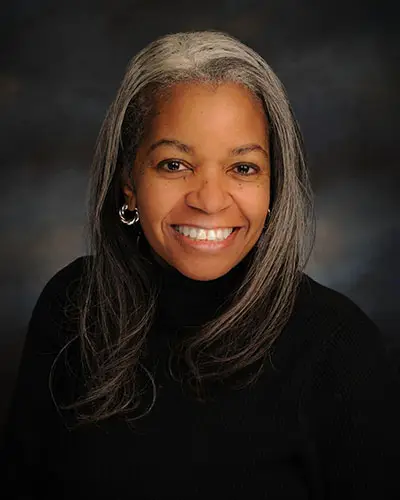
Applications now Open!
What if your child’s hardest moments weren’t something to fix, but something you could finally interpret?
The SIGNAL Parenting™ Program is an 8-week, guided experience for parents ready to stop reacting to behavior and start understanding what’s underneath it. You’ll learn to decode your child’s nervous system, respond with connection instead of control, and foster more regulation, confidence, and growth.
🗓 Apply by November 9th
🚀 Program starts December 2nd
Limited small-group spots available for families ready to follow the signal, and change their story.








Hi, Penny. Thanks for your wonderful podcasts, and for the fantastic Parenting ADHD & Autism Summit. I listened to this podcast with Pamela Ellis and thought it had some good information. But I would like to hear more about knowing if your struggling ADHD student is ready for college. You are probably familiar with Michelle Garcia Winner (SocialThinking.com). She has some really good articles about the transition to adulthood: https://www.socialthinking.com/Search%20Results#q=preparing%20for%20the%20transition%20to%20adulthood
She would make a fantastic guest on your podcast! She writes in one of the articles, “I have seen too many ‘bright' kids with Asperger Syndrome, high functioning ASD and ADHD…march off to college programs only to fall apart and drop out.” I am concerned for my high school junior with ADHD about many of the issues that Michelle Garcia Winner raises.
I would also love to hear some podcasts about technology overuse, which is sinking my son and many others academically this year when EVERYTHING school related is done online (even when he is in person!) in our school district this year. The inability to resist entertainment while online is causing a lot of problems, and has raised red flags about college. In fact, it has led us to believe that community college is probably going to be a good choice for him after leaving high school. Dr. Delaney Ruston from the podcast Screenagers has some great podcasts about tech overuse and would be a great guest for you to have!